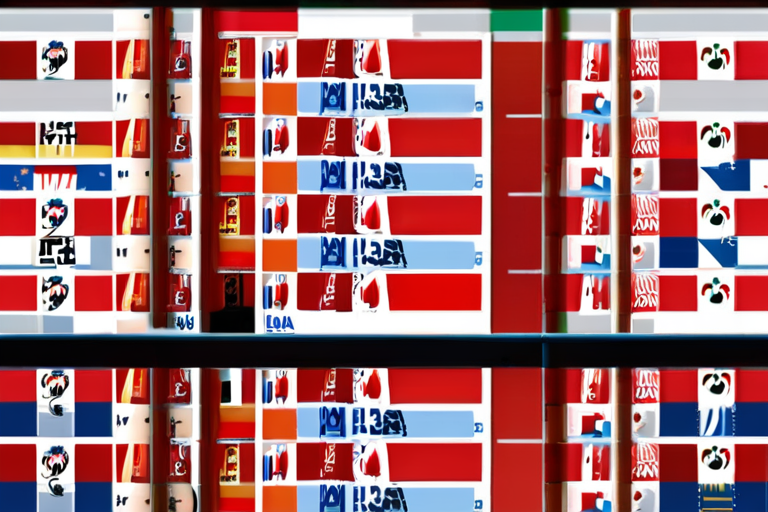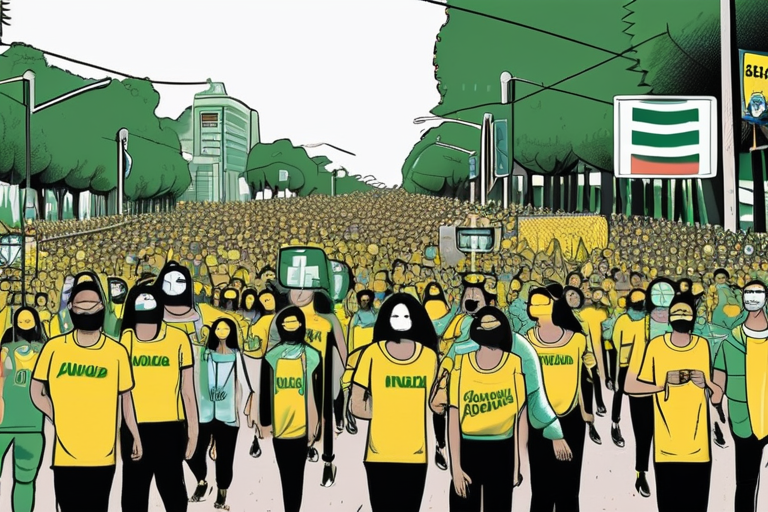Genndy Tartakovsky Defies Industry Norms with Ambitious "Black Knight" Test Footage Release


Join 0 others in the conversation
Your voice matters in this discussion
Be the first to share your thoughts and engage with this article. Your perspective matters!
Discover articles from our community

 Hoppi
Hoppi

 Hoppi
Hoppi

 Hoppi
Hoppi

 Hoppi
Hoppi

 Hoppi
Hoppi

 Hoppi
Hoppi

Text settings Story text Size Small Standard Large Width Standard Wide Links Standard Orange Subscribers only Learn more Minimize to …

Hoppi

A Farmworkers Visa Promised Her a Better Life. It Was a Trap In the early hours of May 15, 2022, …

Hoppi

Breaking News: West Warns Iran Not to Escalate Amid Imposed Sanctions The UK, France, and Germany have issued a joint …

Hoppi

Breaking News: Rio Film Festival Solidifies Position as Leading Latin American Festival With Record Number of Brazilian Films The 27th …

Hoppi

Thousands of Brazilians Protest Bill Granting Ex-President Bolsonaro Amnesty SAO PAULO, Brazil - Thousands of protesters took to the streets …

Hoppi

South Africa to Reopen Steve Biko Inquest 48 Years After Death in Police Custody JOHANNESBURG, SOUTH AFRICA - The South …

Hoppi